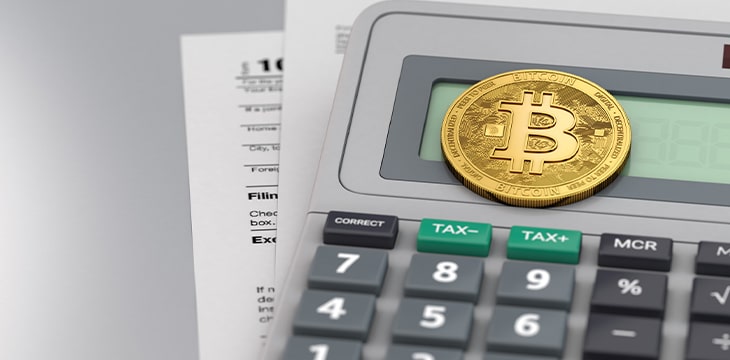|
Getting your Trinity Audio player ready...
|
South Korean digital asset investors will likely have one more year before the government levies the controversial 20% tax on their assets. Newly-elected President Yoon Suk-yeol announced this week that he’s pushing back the tax which was scheduled to come into effect next year in favor of regulations that protect consumers.
Yoon edged out his rival for the presidency in mid-March by less than a percentage point in one of the most hotly-contested elections in the country’s history. As CoinGeek reported, he pledged throughout his campaign to deregulate the industry and to ensure that policies are put in place that promotes its growth.
As local outlets report, Yoon is making good on his promise, and in his first action, he’s pushing back the proposed 20% tax. The president has decreed that the taxation can’t come into place until the government has implemented laws that protect the investors.
In particular, Yoon wants the tax pushed back until the Digital Asset Basic Act (DABA) is enacted. DABA is a set of rules that the Financial Services Commission (FSC) drafted this year with the aim of protecting Korean investors. It includes policies that encompass non-fungible tokens (NFTs), token issuances, listings on digital asset exchanges, and more. It also seeks to introduce a digital asset insurance system that will insulate users against losses from hacks and other unforeseen events.
DABA is expected to be passed no sooner than 2024, meaning the 20% tax will be delayed for one more year. Initially, it was scheduled for enactment in January this year before legislators moved to postpone it by one more year to 2023 on claims that the industry, and the tax authorities, were not prepared well enough for it.
Once imposed, digital asset traders will have to pay a 20% tax on profits above KRW2.5 million ($2,100). While a majority of South Koreans support the new law, some within the industry have decried the low threshold for taxation, with stock investors only paying such capital gains tax for profits in excess of KRW50 million ($42,000), 20 times higher than the digital assets threshold.
The FSC is also reportedly behind postponing the taxation. One top official tells a local outlet that “taxation of investment income from virtual assets should be done after investor protections are in place.”
Watch: CoinGeek New York panel, Bitcoin & Blockchain – Can Real Value Come from Real Utility?
https://www.youtube.com/watch?v=IBAJr8vP5Bw

 03-01-2026
03-01-2026 




